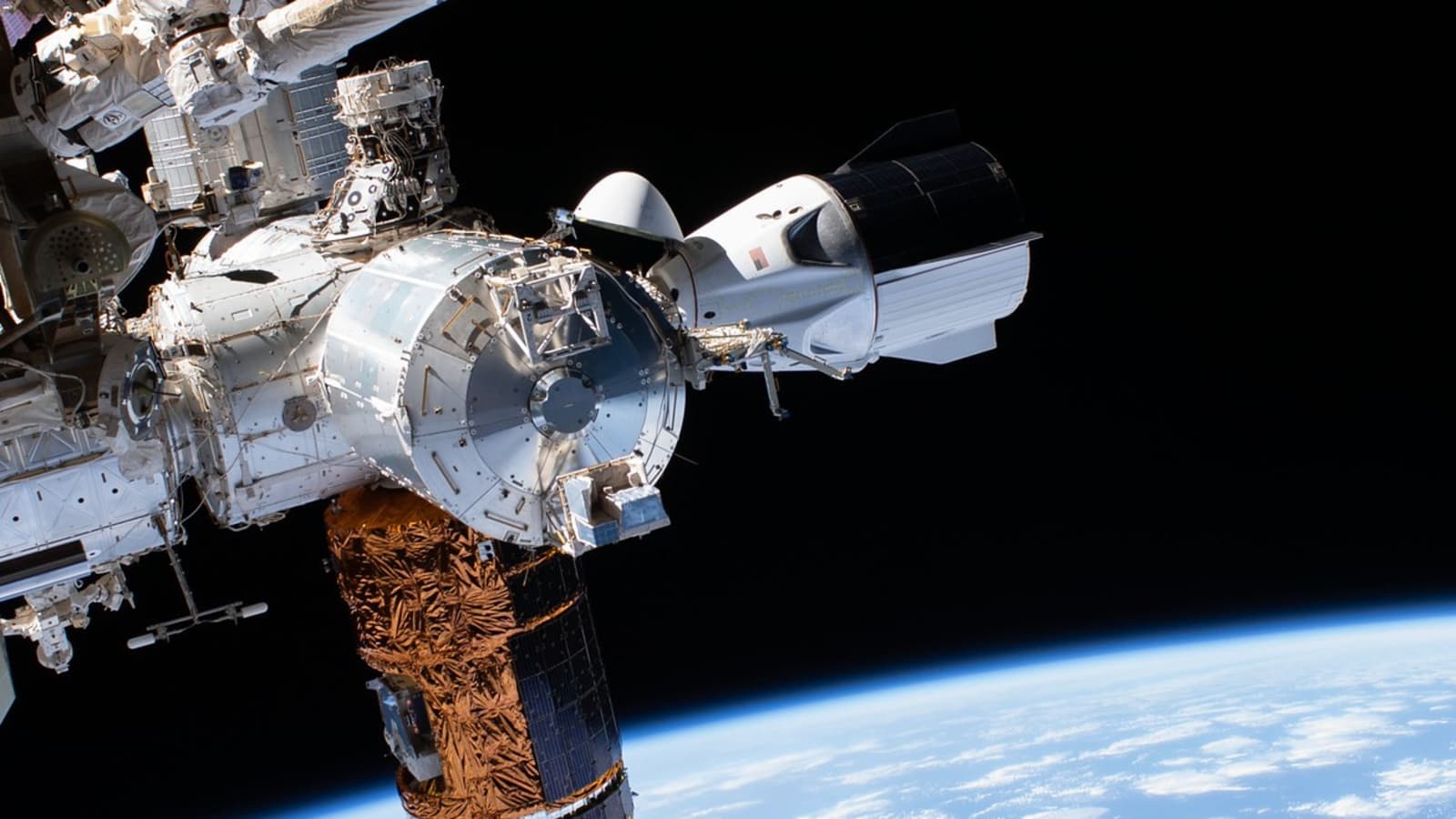The company’s private spacecraft company The first private mission of the Axiom room to the International Space Station (ISS) is now scheduled to be launched on April 8. First scheduled to be launched on February 21, Axiom 1 mission (AX-1) – the world’s first all-private astronaut mission for ISS – has faced many delays. Now, the LIFTOFF is scheduled for April 8 at 11:17 a.m. EDT from the 39A launch complex at the Kennedy NASA room center in Florida, the company said in a statement.
The multinational crew of 4 members will be launched on the SpaceX Falcon 9 rocket and will travel to and from the space station on a toxic dragon spacecraft. The AX-1 crew member is the commander of Michael Lopez-Alegria Spain and US, pilot Larry Connor from the US, and a specialist Mission Eytan Stibbe from Israel and marks Pathy of Canada.
During their 10-day mission, the crew would spend eight days on ISS conducting scientific research, outreach, and commercial activities. AX-1 is the first of several axiom mission proposed to orbiting laboratories and important steps towards the aim of the axioms to build private space stations, axiom stations, in low earth orbit which can function as global academic and commercial hubs,” said axiom.
The research activity also includes its first brain mapping activity in ISS. Experiments will be carried out using the ‘headset’ EEG developed by Israeli.space Startup Brain. Headsets and all related hardware are planned to be stored and launched with Ascen-1 vehicles – Rocket Spacex Dragon.
“During the operation on the ISS, the headset will record and analyze the neurological activity of the crew to determine whether the results obtained in the micro are different from the achieved in the field,” Brain.Space stated on its website. Experiments will also return to Earth with the AX-1 crew.
“Information can be vital in assessing everyday plastic changes in the brain and predict how the brain will adapt to long-term space travel”, the company said Experiments are being carried out because there is “currently no high-quality longitudinal data regarding nerve changes in prolonged space missions”, while data is collected for various physiological measurements, such as heartbeat, galvanic skin resistance, and muscle mass.
Axiom, founded in 2016 by Mike Suffredini, a former ISS program manager in NASA, has the ultimate goal of building space stations that can be visited by various customers to conduct research.

